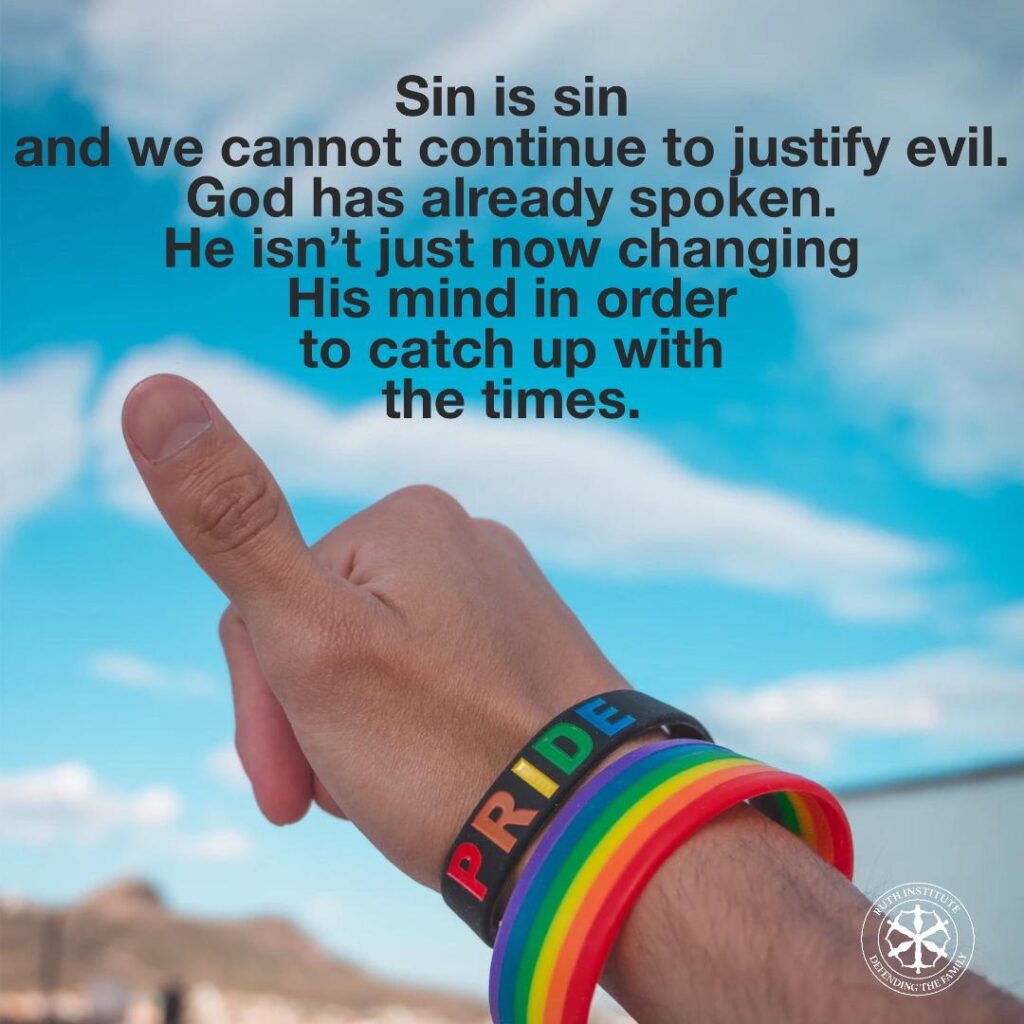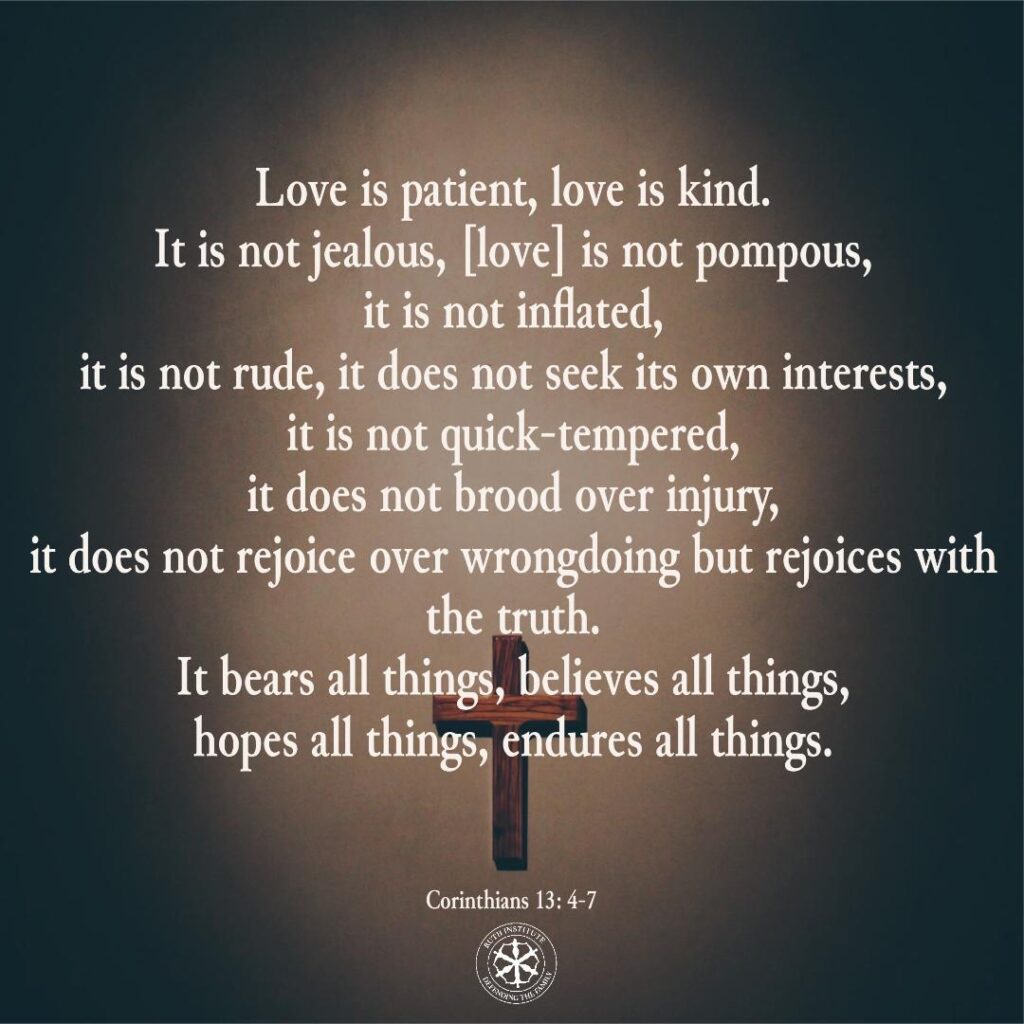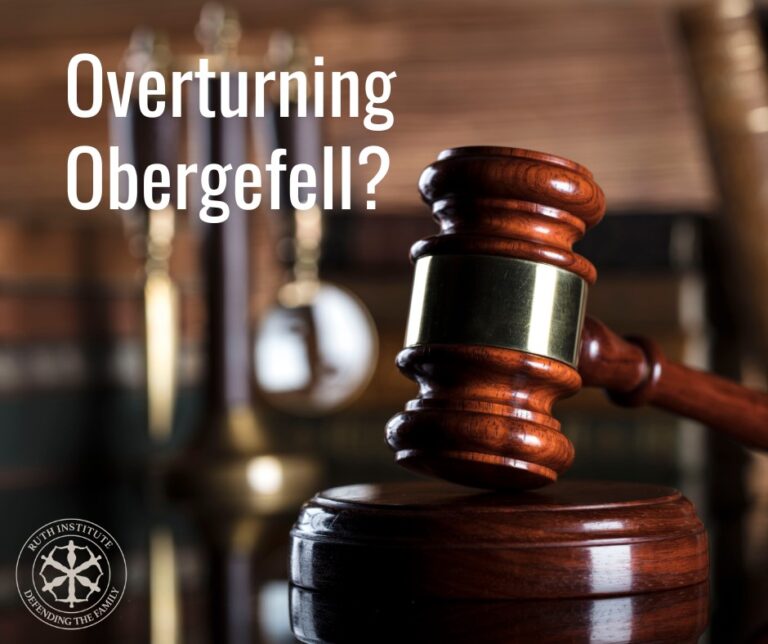When people ask me why I think the clerical abuse scandal has gone on as long as it has and continues to unfold, I respond by saying that there are many reasons. However, I believe that pride is at the root of it.
Before we continue, some of you might be quick to assume that I am “pointing fingers” at priests and singling out clerical abuse. Speaking as a practicing Catholic who is also a survivor of clerical abuse, I believe that we should be able to expect more from our spiritual leaders. Also, most of us recognize that sexual abuse is a pervasive problem in our culture. We all see the damage done by authority figures (including spiritual leaders) abusing their power. Clerical abuse needs to be addressed because we can never become complacent when anyone’s physical, emotional, and spiritual safety are at risk. If we are in earnest about “cleaning house,” we would do well to engage in the battle at hand. It’s all boots on the ground!
While there are many factors contributing to scandal and corruption within the Catholic Church, selfish pride remains at the root. We typically think of abuse as an issue surrounding exploitations of power and abuse. It certainly is. There are also, of course, the sins committed against chastity (an issue all too often ignored), lying, deceit, and betrayal. At the root of it all is pride.
The God of Self
When pride emerges, self becomes an idol. We, not only wish to do our own will instead of God’s, but we place ourselves and our own interests before others. Hence why pride leads to lust, greed, deception, lying, and other abuses. We have seen this happen in the Catholic Church.
Remember that the first sin committed was that of pride. Lucifer wanted to be greater than God which led to a battle between the good and bad angels. The bad angels were cast into Hell as a result. Far too many priests and bishops have become wolves in sheep’s clothing who, like Lucier, turn “God’s will be done” into “My will be done.” Their pride causes them to cast aside anyone who dares to call them out on their pride. Just like the Pharisees, whose arrogance ultimately led to the torture and death of Jesus, humility is thrown to the wayside. Running the Church then becomes all about human satisfaction rather than the salvation of souls.

When someone cares more about themselves than others, they will inevitably use and abuse others. This has been the case in clerical abuse. Regardless of whether a priest is traditional or modern, liberal or conservative, anyone can fall into the sin of pride. Pride causes sins to be ignored (including ever-prevalent sexual sins), leads to division in Catholic communities, causes a lack of repentance among predators, is at the heart of abuse cover-up as well as the take-over of religion by politics, and greatly diminishes support for victims.
Pride and the Sixth Commandment
There is continual hesitation to address the sixth commandment, “Thou shalt not commit adultery.” Even among Catholic leaders, we see this hesitation. There is not only hesitation to address the very serious sexual sins committed by laity. Church leaders conveniently skate by issues such as homosexuality within the priesthood. Even here in my own Archdiocese of Boston, I have spoken with many priests who have been witness to a “boys club” of sorts. To this day, there are priests whose “extra-curricular activities” include hooking up with other homosexuals. Crooked priests align themselves with crooked bishops because they want to be associated with individuals who will, not only feed their arrogance, but also turned a blind eye to their sin.
Regardless of the reasons for the hesitancy to address sins such as pre-marital sex, homosexuality, pornography, or sexual abuse, the sixth commandment is largely ignored. More and more, there is little to no attempt to hide demonic displays of arrogance and pride. The pride to which I am referring refers to the lack of humility but also to the “Pride” boasted by LGBTQ groups. Whether priests are engaging in consensual homosexual sins or using their influence to groom and abuse, their personal sins always effects others. The same goes for all of us. There is, however, a greater ripple effect when the person is a spiritual leader.
Additional information about the sixth commandment is available here in the Catechism of the Catholic Church.
On a side note, many church leaders have all but destroyed their credibility, especially when it comes to enforcing the sixth commandment. After all, how can they preach on these sins when they themselves can’t even “follow the rules?”
The Effects of Sin on Others
It’s important to remind ourselves of the spiritual battles we are facing in regards to sin. I recently watched an eye-opening interview between Michael Knowles and exorcist, Fr. Dan Rehill. Fr. Dan shared a story about how one man’s personal sin was felt by an entire community. He described how, when one man would sin against the sixth commandment, the other men in the community would also be hit with the temptation to commit sexual sins. This is just one example of why taking personal responsibility of our sins is so important. This is why it is especially important for our leaders to be spiritually strong. Because of our pride, we often fail to, not only recognize when we have sinned, but also to recognize how our sin impacts others.
St. Pope John Paul II said it best:
“It is also true that personal sin always has a social impact. While he offends God and harms himself, the sinner also becomes responsible for the bad example and negative influences linked to his behaviour. Even when the sin is interior, it still causes a worsening of the human condition and diminishes that contribution which every person is called to make to the spiritual progress of the human community.
In addition to all this, the sins of individuals strengthen those forms of social sin which are actually the fruit of an accumulation of many personal sins. Obviously, the real responsibility lies with individuals, given that the social structure as such is not the subject of moral acts.”
-Pope St. John Paul II
Division in Catholic Communities
While there is nothing wrong with having a healthy pride towards the Catholic Church, there seems to be a dark determination among some Catholics to defend the reputation of the Church at all costs. We can believe it is the church Jesus left us, recognize our great achievements, and be proud of what we have overcome. However, we have to admit that the human beings who make up the church on earth are imperfect and weak. We create division in our communities when our pride and arrogance prevent us from accepting that not all priests are good and holy. How often have we heard or said, “Fr. So-and-So would never do such a thing!”? This pride prevents us from supporting victims because admitting we were wrong about someone is often humbling.
When God created us, He meant for us to rely on Him. The church falters most when leaders begin relying too much on their own human agenda. Among other issues, we wonder why vocations are down, why mass attendance is down in many parishes, and why belief in the Eucharist is so pathetically low. Again, there are many reasons behind these issues, but we have to humble ourselves enough to recognize that our spiritual leadership is poor. If our leaders relied more on God, we would in turn be able to rely more on our leaders for the spiritual example we need. There are still phenomenal Catholic leaders out there including lay people, priests, and religious. However, the solid, holy leadership we all should be able to rely on has becoming increasingly rare.
Lack of Repentance and Abuse Cover-up
Pride once again rears its ugly head when it comes to a lack of repentance among predators. When is the last time a predator priest (or someone who has covered abuse) publicly admitted, apologized for, and attempted to atone for their sins? We have heard an occasional apology. However, an apology is empty if it is not accompanied by sincere repentance and action to change.
We are all sinners and God is certainly merciful. However, we need to repent and repair (when possible) in order to fully receive His forgiveness. Paying a clerical abuse victim off for their silence is not repentance, nor is it addressing the perpetrator’s sin. When the issues surrounding homosexuality are ignored, nothing is done to repair the damage being done to the priesthood. When abuses are covered up in order to “save face,” nothing is repaired. If our spiritual leaders were to practice humility, they would be able to admit when wrong has been done. We would see far more repentence, accountability, and transparency.
Politics: The New Religion
We know that there are issues within the Catholic Church such as homosexuality and sexual abuse. Until our leaders can humble themselves enough to preach the truth about human sexuality and God’s natural laws, little will change. Unfortunately, pride has allowed the politics of modern society to become a new religion. For many people, politics have become greater than God.
Because of this increased focus on politics, we have less of a focus on God. We have been left without a solid foundation for our beliefs. Without a common ground of Christianity to fall back on, we experience division. Our country is losing its ways because we are ignoring the obvious laws and designs of our Creator. The church is losing its way for the same reason. The same dangerous ideals destroying society have infiltrated the Catholic Church.
Politics has taken over the role that religion used to play. Our meaning and purpose have become completely wrapped up in our political beliefs. If our leaders continue on with this spirit of pride (oftentimes in the name of social justice), they will forever pursue their own agenda, regardless of whether it is at the expense of the physical, emotional, or spiritual safety of others.
Lack of Support for Victims
In a powerful interview with Church Militant’s Christine Niles, Dr. Jennifer Roback Morse of the Ruth Institute talked about how victims should be able to be seen, heard, and believed. They should be able to demand justice whenever possible. This is what victims need to heal. Yet, so often they are denied this due to the pride of people protecting predators. Sadly, Catholics who can’t humble themselves enough to admit that the priest they admired is actually a “bad guy,” create a toxic environment for victims. All too easily, whistleblowers become “the problem.”
The stark contrast between predators and victims striking. There have been so many brave individuals who have shown incredible humility and risked so much by coming forward in order to encourage accountability, transparency, and justice. Facing the betrayal and pain victims have experienced requires humility. When we put our stories out there to help others, we are putting our own reputations on the line. After all, the blame for sexual abuse so often falls on victims. Meanwhile, predators and their supporters continue hiding in arrogance and deceit.
A Dysfunctional Family
In her interview with Christine Niles, Dr. Morse said that there will always be some amount of dysfunction within the Catholic Church. This is true. Just as any human family is imperfect and faces problems, there will always be problems with the human part of the Catholic Church on earth. However, just as with a dysfunctional family, it takes brave, humble individuals to call out our family members when they fail.
The Church has always had its issues. It is a hated institution and will probably always experience persecution. More and more, our persecutors are coming from within. Some of the very people who are supposed to be leading us are causing the hurt, division, and destruction.
Our leaders have repeatedly told us that clerical abuse has been addressed. I don’t deny that some things have improved. Still, more needs addressing. The change is not going to happen overnight. In order for good and lasting change to occur, our leaders need to adopt a spirit of humility.
For example, this sham they call a “Synod for Synodality” is full of the same corrupt individuals whose pride has contributed to the sex abuse scandal. Too many arrogant men are now “analyzing” areas of concern within the church. What they are actually doing is feeding one another’s arrogance while suppressing anyone who dares to go against the grain. Those in positions of power stomp upon the dignity of our brothers and sisters in Christ whilst “Pride” is being not-so-discreetly held up front and center as an idol. It has become the new golden calf. The German bishops who have all but separated themselves from the rest of the church are a perfect example. They are openly defying God’s law, tradition, and church teaching. Suffice it to say, this open rebellion isn’t going on in just Germany.

Embracing Humility and Leading by Example
Ever since news of the clerical abuse scandal broke, the lack of promised accountability and transparency has been shocking to say the least. Just as deplorable is the lack of compassion for abuse victims. Many survivors are grieving that they are (for various reasons) unable to return to church. Meanwhile, corrupt bishops are promoted and protected.
Most everyone is familiar with the name Theodore McCarrick. McCarrick is an example of a high-ranking member of the clergy who committed heinous acts against older boys. His actions were largely ignored. Their pride caused them to turn a blind eye. To this day, there are bishops and priests who turn a blind eye to the sins of their brothers and to sin in general. Their pride and arrogance always win, taking precedence over humility and love. The ways of the world come before the ways of God, and precious few are leading by example. No wonder there is so much confusion among Catholics!
“Pride makes us forgetful of our eternal interests. It causes us to neglect totally the care of our soul.”
St. John Baptist de La Salle
Make no mistake, there are many layers to corruption within the Church. However, pride is the root cause and has allowed it to continue. In order for a more thorough cleansing to take place, leaders need to embrace humility.
- Humble people are not afraid to accept criticism or counsel or to accept that some things need to change.
- Humble people don’t take credit for things they haven’t done (such as bishops acting as if the abuse scandal is a thing of the past).
- Humble people understand that to love means to correct. The prime example of this is preaching the truth to our brothers and sisters in the LGBTQ community – “God loves you, but you cannot persist in these sins.”
- Humble people work to preserve the dignity of all lives and respond with loving grace to anyone seeking healing for their woundedness.

A Church That Moves the World
When we engage in sin, encourage it, hide it, and bend to the whims of the modern-day world, we are certainly not going in the direction that the Catholic Church should be going in. “We do not want a Church that will move with the world. We want a Church that will move the world.” (G.K. Chesterton)
The life of Jesus demonstrates very clearly how important humility is, yet this virtue is arguably the most lacking in today’s world and in the church. Instead, selfish pride, boastfulness, and arrogance have led many individuals into sin and created scandal. It is this selfish pride that we continually see in schools, the government, churches, families, and everywhere else. It is becoming more and more absent even among spiritual leaders who should be leading by example. Pride, the mother of all vices, is the opposite of humble love and remains at the root of sin and scandal.
My friends, many of us have experienced pain due to clerical abuse. Despite the pain, healing is possible. It’s not going to happen overnight, and things may even get worse before they get better. In order to build a church that will move the world as Jesus intended, a lot of work needs to be done to counter this culture of pride. We need to work on cultivating a culture of humility. Humble love enables us to look upon one another as our brothers and sisters in Christ, put aside our own selfish desires, and to treat one another with dignity and respect. Love enables us to preach the truth of God’s laws.
Wisdom from a Saint
Take it from someone who understood the differences between selfish pride and humility, St. Augustine. He was a man who lived a disgraceful life, engaging in all manner of sin, until his conversion. Augustine overcame his pride and recognized the error of his ways. He went on to become a great saint. Here’s what he had to say about humility:
“What is the greatest virtue? Humility, humility, and again I say humility.”
Many Catholics (priests and laity alike) would do well to follow his advice.



